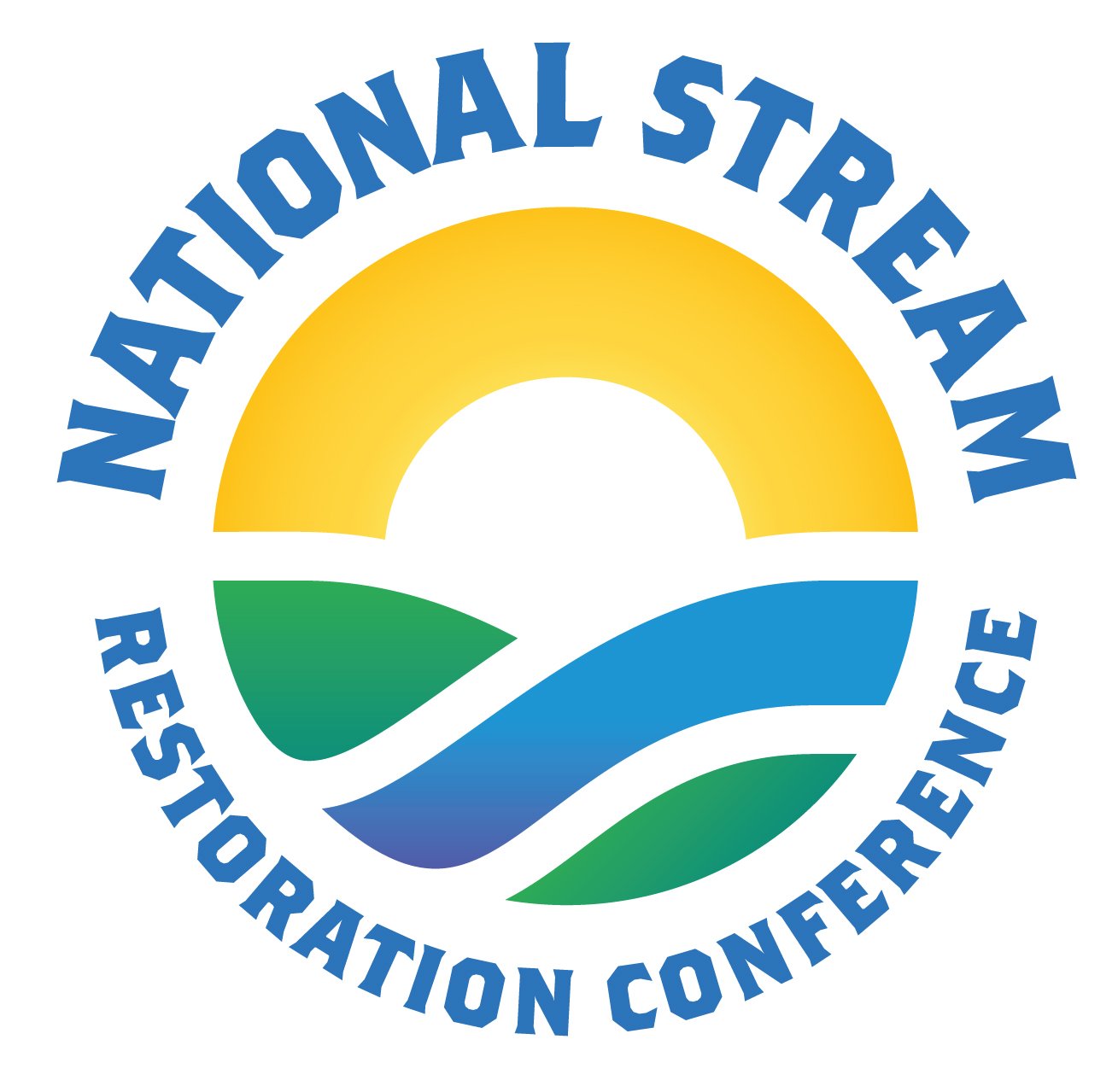Tidal Restoration Through Barrier Removal from East to West
Kristen Coveleski
Inter-Fluve
Rehoboth Beach, DE
Caitlin Alcott
Inter-Fluve
Hood River, OH
Commonly, tidal restoration practitioners work to remove barriers like roads, levees, and railroads. In doing so, the aim is to improve hydrologic connectivity, allow aquatic organism passage into marsh habitats, increase nutrient and sediment cycling, create storm buffering, and other similar benefits. In collaboration with multiple project sponsors, Inter-Fluve ecologists, engineers, geomorphologists, and others work on estuary restoration on the east and west coasts. Restoration in both regions is sensitive to human communities in coastal areas, including infrastructure, ecological values, recreation, and history.
In the Columbia River Estuary projects commonly emphasize endangered salmonid species habitat restoration, whereas in Maine, projects tend to focus primarily on community and infrastructure resiliency in the face of sea level rise. While regional ecosystems, funding, programs, and sometimes even language can differ, restoration values are often more similar than different. Estuary restoration practitioners learn as we go – integrating lessons from implemented projects into new ones.
Our presentation uses multiple project examples from the Columbia Estuary Ecosystem Restoration Program in Oregon and CoastWise program in Maine to share lessons learned across the continent.
About Caitlin Alcott
Caitlin Alcott is a Senior Ecologist with Inter-Fluve working on large-scale watershed restoration throughout the country. Caitlin’s work extends from headwaters to estuaries and wild to urban landscapes collaborating with project sponsors including large federal agencies, local watershed councils, hydropower providers, and agricultural landowners. Based in the Pacific Northwest, much of Caitlin’s restoration work includes salmon habitat restoration, floodplain connectivity, and reconnecting humans to their natural environments. Through her work as President of River Restoration Northwest from 2022-2024 Caitlin has prioritized collaboration, communication, innovation, and technical expertise across the field of restoration. Caitlin has a Bachelors or Environmental Science from Colorado College and a Masters of Science from the Yale Environment School.
About Kristen Coveleski
Kristen is a senior water resources engineer, project manager, and regional director for Inter-Fluve, focusing on dam removal and river and estuary restoration. She has been involved in a wide range of projects including dam removals, cranberry bog restoration, habitat enhancement in tidal systems, and urban revitalization projects. Her project experience includes geomorphic and habitat assessments, channel design, hydrologic analysis, hydraulic modeling (both 1- and 2-dimensional), sediment transport prediction analysis, development of permit and construction documents, construction oversight, and project management. Kristen received a Bachelor of Civil Engineering from the University of Delaware, a Master of Science and a PhD in Civil and Environmental Engineering from the University of VIrginia, and is a registered Professional Engineer.


